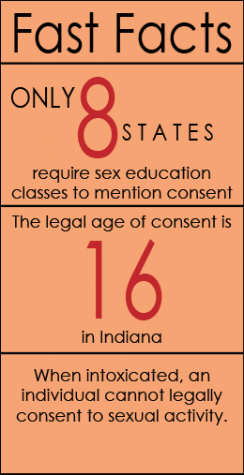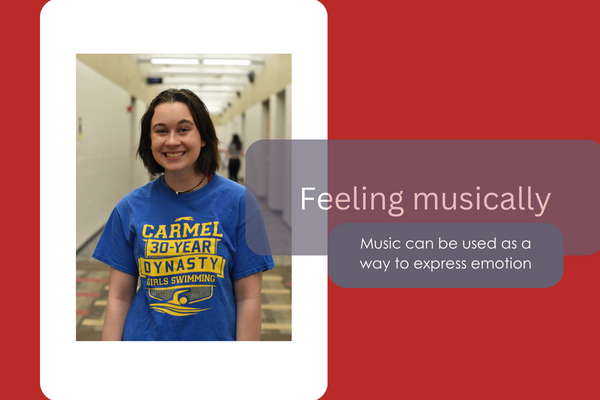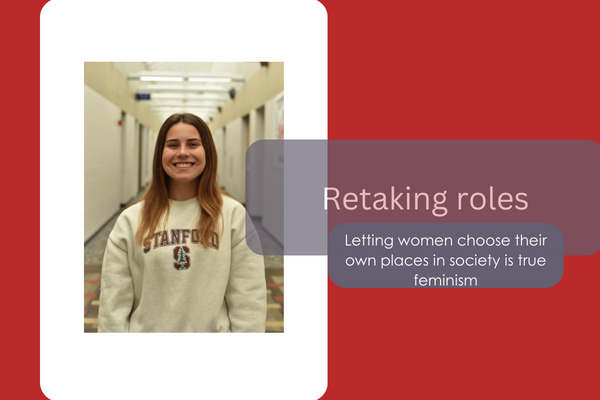The road to respect
Young people should learn the meaning of consent
According to the Rape, Abuse & Incest National Network, every 73 seconds someone gets sexually assaulted. That’s a minute and 13 seconds. Now, this doesn’t always mean rape. This could mean being touched in places that shouldn’t be touched without consent from the partner. Looking at the situation at hand, I see the largest problem is that teens today do not know what consent truly is.
Sexual consent defined by Planned Parenthood is when someone agrees to do something sexual with another person. Romantic consent is more of the spectrum of giving hugs or holding hands. Both of these versions are very important to maintain a healthy relationship.
I personally feel like students today think they know their partners like the back of their hand, but in reality, they don’t. My parents have been married for almost 25 years and they’re still growing closer every day.People should not assume that they understand their partners so well that they would know how their partner would react in almost every situation.
What happens when there are no boundaries set or consent is made? Besides sexual assault, rape could occur. Rape is described by Merriam-Webster as unlawful sexual activity and usually, sexual intercourse carried out forcibly under threat of injury against a person’s will. If one were to go into a passionate situation without consent or communication, it’s clear it could hurt the other person physically, emotionally and mentally.
According to The American Association for Marriage and Family Therapy, there are two phases of recovering rape trauma: the acute phase and the reorganization phase.
The acute phase is when the victim will recall what happened right after and several days after the assault happened. The victim may feel shock, confusion and denial that the incident ever happened. Physical symptoms may include disruption in sleeping and eating, soreness, bruises and fatigue. The reorganizing phase is when the victim would have to accept the reality of the assault and, hopefully, seek help. Long-term problems, if left unaddressed, could be depression, anger issues and rape-related PTSD.
Since the gruesome truth of rape and the life-altering trauma is starting to become more prominent in society, many people are slowly seeing the need for consent and the how it could change a relationship for the better. However, these same people almost ignore the idea of romantic consent. This could be as simple as asking to hold the other’s hand or before kissing them.
But why is consent so important? To put it simply, respect. Asking for consent from a partner before engaging in anything physical will set and reinforce boundaries in the relationship and even create a deeper connection rooted in mutual respect. Asking before anything intimate or passionate shows a high level of respect and romantic connection.

Hi! Welcome to Chili’s or my bio whatever you prefer. My name is Shelby Reeves, I’m a senior and a News Reporter here on The Journal. When people first...







